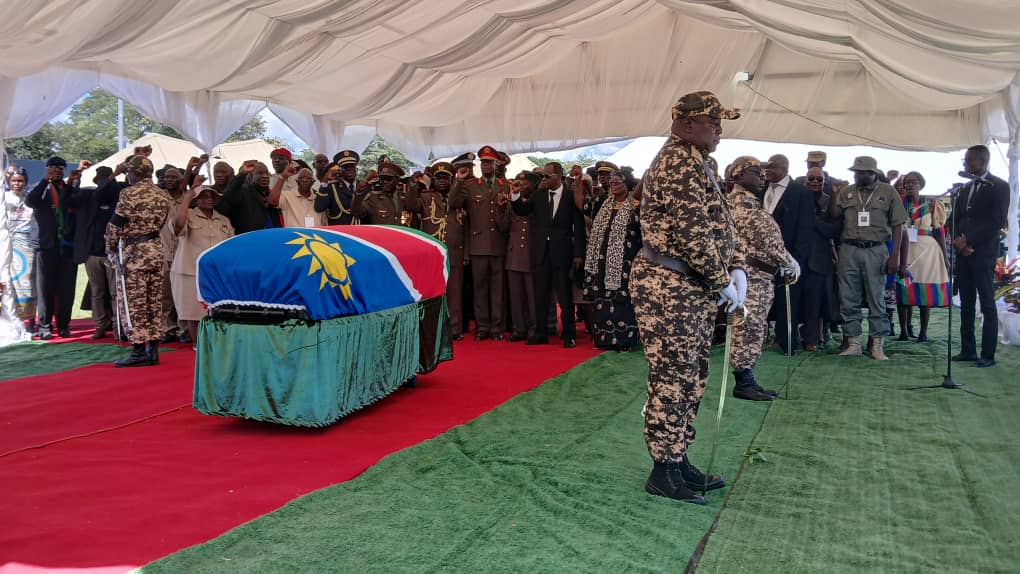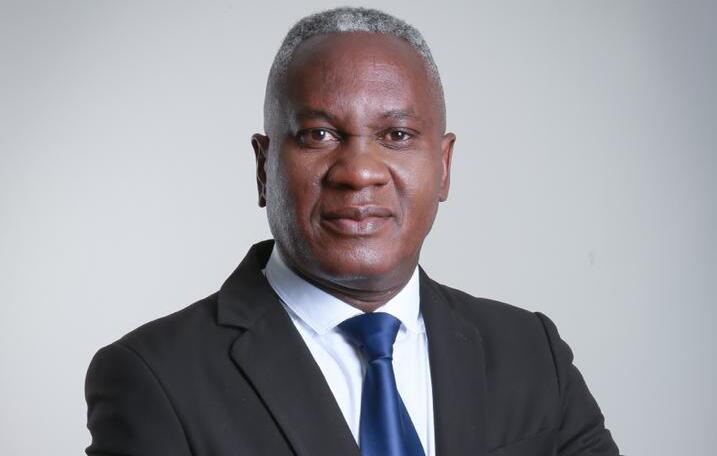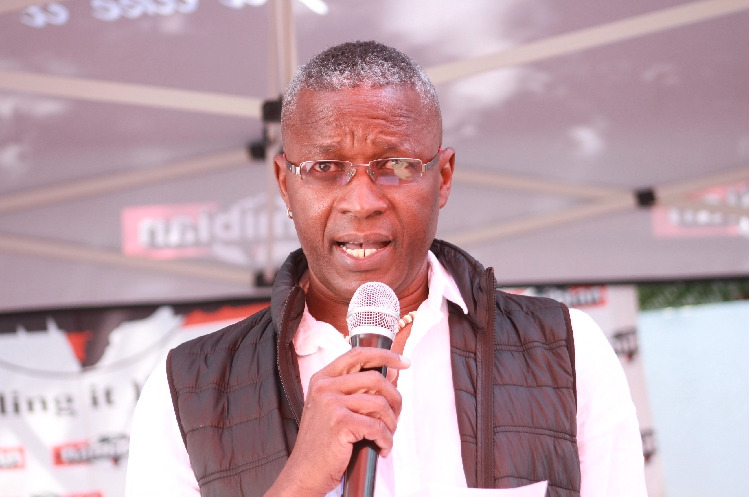The Bank of Namibia (BoN) says the National Technical Working Group (TWG) on Illicit Financial Flows (IFFs) uncovered that the country lost more than N$1 billion in fraud related to clearing and customs since 2018.
This was said in a statement by BoN spokesperson Kazembire Zemburuka on Friday, at the end of a three-day workshop by the TWG in collaboration with the United Nations Conference on Trade and Development (UNCTAD).
The BoN is the secretariat of the TWG.
The workshop is part of a new initiative to estimate the amount of IFFs into and out of Namibia.
“These estimates are intended to inform and enhance policy measures, either through the reinforcement of existing frameworks or the development of new legislative amendments,” said Zemburuka.
He said according to the International Monetary Fund, IFFs involve the cross-border movement of money that is illegal in its origin (eg, corruption, smuggling), its transfer (eg, tax evasion) or its use (eg, terrorist financing).
“Such flows can greatly impact a country’s socio-political and economic stability, as well as the integrity of the global financial system, by depleting foreign exchange reserves, diminishing tax revenues and reducing government income,” said Zemburuka.
According to BoN, over the past three years, Namibia’s import and export bills amounted to N$361 billion and N$267 billion, respectively, reflecting a combined trade volume of N$682 billion and revealing the country’s integration into the global economy and its participation in international value chains.
During the workshop, TWG chairperson on IFFs and BoN deputy director for exchange control, Penelao Kapenda, said the fight against IFFs is neither for the timid nor the fearful.
She encouraged the members of the TWG to seek assistance and be set for nation building.
“With the support of the international community, let us build the necessary capacity and identify the drivers of IFFs using refined and additional methodologies.
“We must be diligent leaders who influence policy changes for our generation and enable the state to enact, administer and enforce laws effectively, ensuring the recovery of Africa’s stolen assets through IFFs,” she said.
UNCTAD statistician Bojan Nastav said IFFs thrive in chaos but can be addressed reasonably through cooperation and communication between national agencies, international agencies and countries, as well as through strong political will.
Finance and public enterprises deputy minister Maureen Hinda-Mbuende acknowledged the positive record of global connectivity but asked to what extent this trade was conducted.
“Were appropriate taxes paid on the exports and imports of these goods? Were these goods traded at accurate prices and were any financial oversight regulations breached during this trading?”
She stressed that if the answers to these questions were negative, Namibia must intensify efforts to measure and combat the pervasive issue of IFFs associated with international trade.
The TWG, comprising 14 member institutions, is tasked with collection of data and addressing tax and commercial malpractices, financial crimes, fraud and corruption.
The member institutions include BoN, Namibia Revenue Agency, Anti-Corruption Commission, Namibian Competition Commission, Business and Intellectual Property Authority, Ministry of Industrialisation and Trade, Financial Intelligence Centre, Namibian Police, Namibia Financial Institutions Supervisory Authority, Office of the Prosecutor General, Namibia Statistics Agency, Ministry of Finance and Public Enterprises, Ministry of Mines and Energy, and the Namibia United Nations Office.
– email: matthew@namibian.com.na
Stay informed with The Namibian – your source for credible journalism. Get in-depth reporting and opinions for
only N$85 a month. Invest in journalism, invest in democracy –
Subscribe Now!










